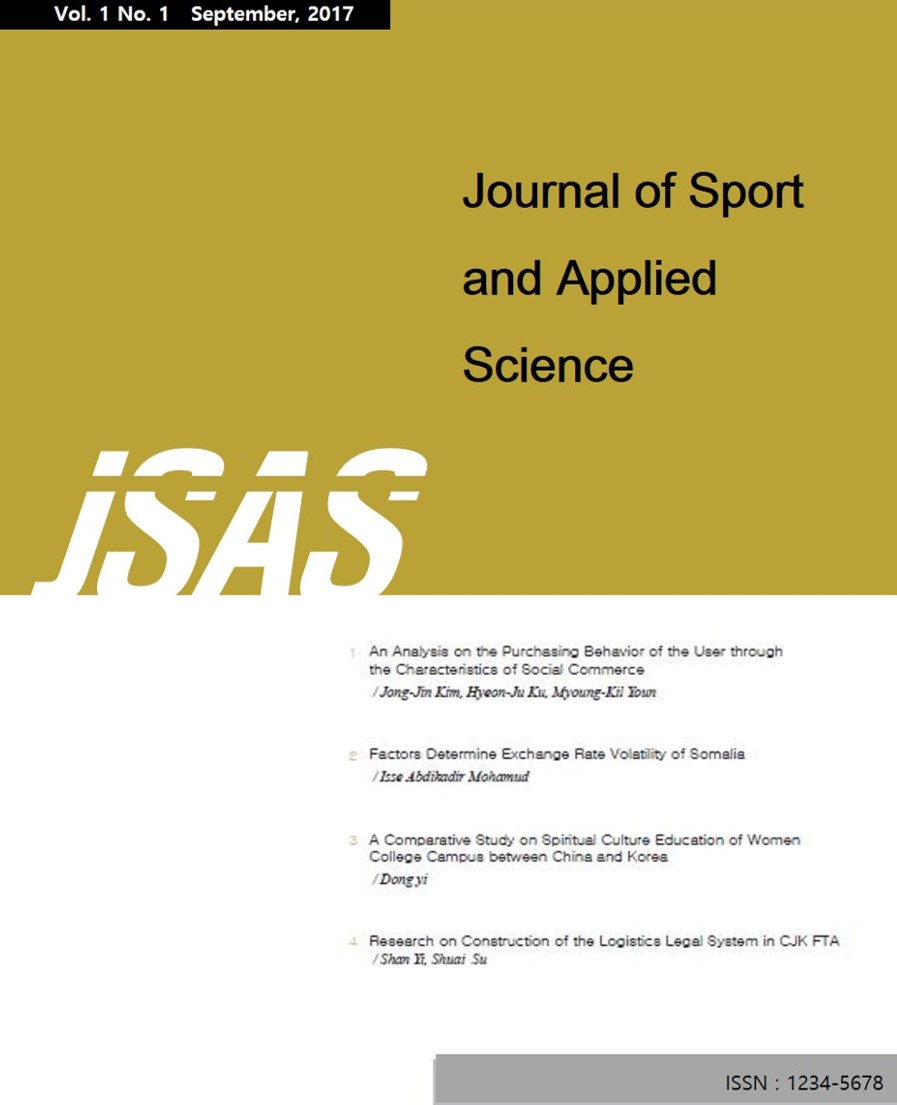 E-ISSN : 2586-6028
E-ISSN : 2586-6028
Won Jae SEO
Abstract
Purpose: This study examines the role of leaders of sport organizations from the perspectives of rank-and-file volunteers. Specifically, the study explores which factors are important in leading volunteers and how rank-and-filers interact with their leaders. Research design, data, and methodology: This study reviews a comprehensive literature on volunteer and leadership theories which are trait theory, behavior theory, and contingency theory. Given the comprehension of prior structure of knowledge on leadership, the study provides a structure of knowledge on volunteer and leadership in sport context and discusses managerial implications for leaders in sport organization. Results: With an exploration of sport leadership, this study proposes a volunteer classification model which presents four-volunteer types: professional volunteer, company volunteer, general volunteer, and school volunteer. Furthermore, this study discussed managerial implications for sport organization leaders. Conclusions: Paid employees may be prepared to accept a job and its requirements mainly due to economic benefits. Volunteers, however, do not pursue economic benefits through their activity. Different types of motivation between paid employees and volunteers bring to surface how a leader influences volunteer effectively. A conceptual volunteer clarification model could be examined in real world situations. Insights for future studies were discussed.
- keywords
- Volunteer, Leadership, Volunteer Classification Model, Leadership Theories, Sport Organization
- Downloaded
- Viewed
- 0KCI Citations
- 0WOS Citations













